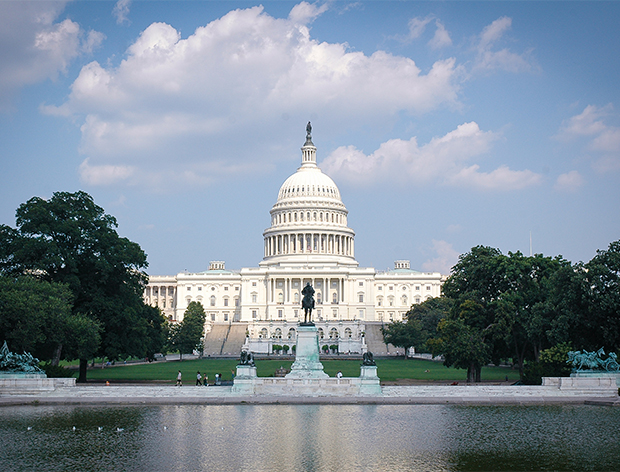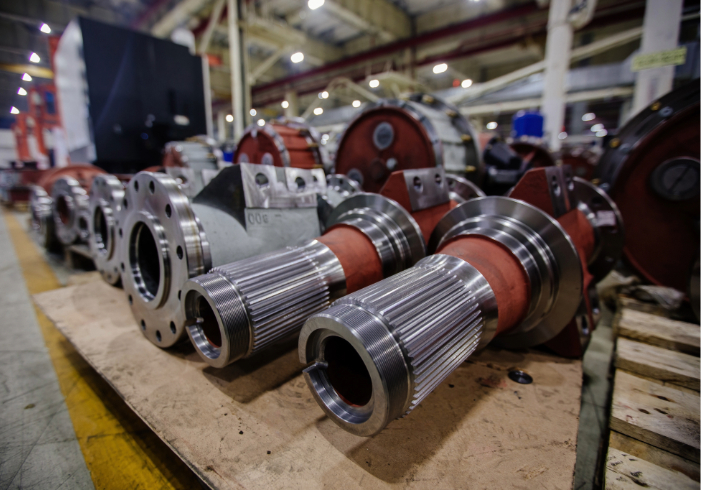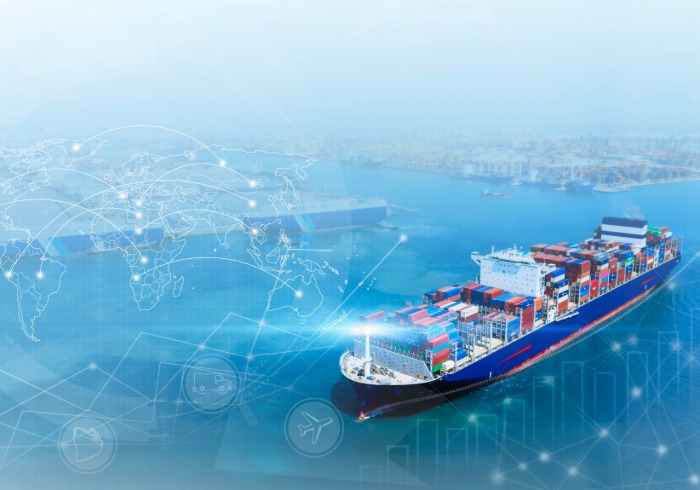Two conflicting US court rulings on President Donald Trump’s use of emergency powers to impose tariffs have deepened uncertainty for businesses involved in global trade, experts say.
On May 28, the Court of International Trade ruled that the Trump administration’s reliance on the International Emergency Economic Powers Act (IEEPA) for its authority to issue sweeping tariff orders was unlawful.
The IEEPA allows the president to declare a national emergency and affords the White House wide-ranging powers, including intervening in financial transactions, to “deal with any unusual and extraordinary threat”.
Trump declared a national emergency in April due to the US’ “large and persistent” trade deficits, thereby laying the legal groundwork to impose tariffs on a raft of the country’s key trading partners, including Canada, China and Mexico, as well as 10% “reciprocal” tariffs on imports from a broader range of countries. The ruling does not affect sector-specific tariffs that were imposed using separate legislation.
But the court found the tariffs announced by Trump “exceed any authority granted to the president by IEEPA to regulate importation by means of tariffs”.
The administration immediately filed a notice of its intention to appeal. On May 29, a federal appeals court in Washington put the trade court’s ruling on hold while it considers the government’s request for an injunction, and ordered the plaintiffs – led by a New York alcohol importer – and the government to file responses by June 9.
The impact on trade
Trade experts say the whipsaw rulings are compounding frustrations for businesses, both in the US and overseas, already dealing with one of the most volatile periods in international trade in decades.
“What’s happened within the last [few days] is to some degree even more destabilising than everything that’s happened for the previous month and a half,” says Marco Forgione, director general at the UK’s Chartered Institute of Export and International Trade.
“The sense that tariffs were coming and the terms under which those tariffs were going to operate was becoming clear; now all of that is thrown into disarray. The world of international trade and trade with the US is more uncertain and more disrupted today than it was.”
Companies were already worried about the tariffs, with 60% of exporters in key developed countries reporting they expect the global trade war to have a negative impact on their business in a recent survey.
A lack of clarity compounds this pain, with a UN report from April predicting that historically high levels of trade uncertainty could drive the global economy towards a recession.
A prolonged legal battle risks further straining access to trade finance. Banks are currently in “wait and see” mode, noting strong business activity alongside growing customer caution.
Rebecca Harding, chief executive of research outfit the Centre for Economic Security, says the confusion over the applicability of tariffs could push up the cost of due diligence, leading to “a general nervousness about the US”.
What happens next?
The tariffs will remain in place and duties collected on them until the federal appeals court hears the government’s arguments for an emergency stay of the trade court’s ruling. This is likely to take place in mid-June, according to law firm ArentFox Schiff.
Trump has said he hopes the US Supreme Court will eventually overturn what he described as an “horrific” decision. “If allowed to stand, this would completely destroy Presidential Power – The Presidency would never be the same! This decision is being hailed all over the World by every Country, other than the United States of America,” the president wrote on his Truth Social platform.
Commerce secretary Howard Lutnick has said the tariffs “are not going away” and the president is minded to push ahead with the steep tariffs announced in April, which were later paused after a market backlash. Lutnick also told Fox News that the legal wrangling would not impact ongoing trade negotiations with the EU.
Even if the trade court’s ruling is ultimately upheld, Trump still has a range of tools at his disposal to implement the tariffs, according to a Goldman Sachs note reported by CNBC, which says the judgment is “a setback […] but might not change the final outcome for most major US trading partners”.
Forgione agrees: “The principle we have to operate on is that there will be a tax for access to the US market. If we operate under the fact that he [Trump] will get his way, the sooner we have clarity as to what that is, the better for everybody.”
Additional reporting by Jacob Atkins.







